Conference program, Poster session, Invited Speakers
Conference program
| Streda / Wednesday 21.5. 2025 | |
|---|---|
| 12:30 | Registrácia, obed / Registration, lunch |
| 14:00 | Ubytovanie / Check-in |
| 14:30 | Otvorenie konferencie / Conference opening |
| 14:40 | BLOK 1 - Moderátor: Michal Vavrečka |
| 14:40 | Igor Farkaš, Michal Vavrečka: Budú multimodálne veľké jazykové modely niekedy rozumieť svetu?
|
| 15:00 | Branislav Zigo: Scene Perception and Narrative Understanding by Multimodal Large Language Models
|
| 15:20 | Oleksandr Lytvyn: Human-Al Interaction in Language Acquisition: Evaluating LLM as a Language Partner
|
| 15:40 | Prestávka s občerstvením / Coffee break |
| 16:00 | BLOK 2 - Moderátor: Igor Farkaš |
| 16:00 | Ján Bakoš: Oxytocín vo vývine mozgu a autizme |
| 16:40 | Alexandra Dyalee: Diagnosis of Asperger Syndrome in Socially High-Functioning Individuals
|
| 17:00 | Veronika Ročinová: Pozornost a zpracování emočně nabitých informací u depresivní symptomatologie a suicidálních ideací: pilotní eye-trackingová studie
|
| 17:20 | Milica Kiš: Computational Models of Mental Health Disorders
|
| 18:00 | Večera / Dinner |
| 19:30 | POSTEROVÁ SEKCIA / POSTER SESSION |
| Štvrtok / Thursday 22.5. 2025 | |
| 7:30 | Raňajky / Breakfast |
| 9:00 | BLOK 3 - Moderátor: Kristína Malinovská |
| 9:00 | Karla Štěpánová: Human-Guided Task Specification for Flexible Robotics |
| 9:40 | Andrej Lúčny: Ako uvidieť čokoľvek
|
| 10:00 | Radovan Gregor, Igor Farkaš, Kristína Malinovská: Prediction of Observed Motor Trajectories in a Simulated Environment
|
| 10:20 | Laxmi R. Iyer, Lukáš Gajdošech, Branislav Zigo: Towards Spatial Memory of a Humanoid Robot
|
| 10:40 | Prestávka s občerstvením / Coffee break |
| 11:00 | BLOK 4 - Moderátor: Andrej Lúčny |
| 11:00 | Šimon Dratva, Michal Procházka, Radoslav Škoviera, Gabriela Šejnová, Michal Vavrečka: Řízení humanoidního robota Tiago během manipulačních úloh na základě instrukcí a gest uživatele
|
| 11:20 | Anna Karikó-Tóth, Igor Farkaš: Adaptation of the Cognitive and Affective Trust in Human--Robot Interaction Questionnaire to Slovak
|
| 11:40 | Miroslav Cibula, Kristína Malinovská, Igor Farkaš: Hyperparameter space analysis via interpretable meta-modeling
|
| 12:00 | Kristína Malinovská, Johanka Jakubove: Homeostatic learning for classical artificial neural networks
|
| 12:20 | Tamara Bíla, Igor Farkaš: In Search of Meaning: Unveiling Interpretable Concepts in Neural Representation
|
| 13:00 | Obed, obedňajšia prestávka / Lunch, break |
| 14:30 | BLOK 5 - Moderátor: Branislav Zigo |
| 14:30 | Gabriela Andrejková, Norbert Kopčo: Distance localization of nearby sound sources in reverberant rooms
|
| 14:50 | Richard Dinga, Marijn van Wingerden: Propagating uncertainity in normative models
|
| 15:10 | Čeněk Šašinka, Zdeněk Stachoň, Jiří Čeněk, Alžběta Šašinková: The Impact of Visualizations on Information Processing Efficiency: Multivariate Visualization Methods
|
| 15:30 | Petr Rapant, Marek Menšík, Adam Albert: GeoAI a tvorba kognitivní mapy
|
| 15:50 | Holubec František, Ondřej Kvarda, Oliver Pačut, Radim Holub, Martin Sivý, Zdeněk Stachoň, Čeněk Šašinka, Alžběta Šašinková: The Potential of the eDIVE+ Platform in Experimental Research in Psychology |
| 16:10 | Ivan Murin, Kęstutis Zaleckis, Aušra Mlinkauskienė, Ingrida Povilaitienė, Marius Ivaškevičius, Jaroslav Hanko: Tourists vs. Inhabitants. The Cognitive Frames Modeling as an Approach to Analyze a Place Transformation from Attractors and Selectionist Theory |
| 16:30 | Prestávka s občerstvením / Coffee break |
| 16:50 | Voľný program / Free program |
| 19:30 | Raut (do 24:00) |
| Piatok / Friday 23.5. 2025 | |
| 7:30 | Raňajky / Breakfast |
| Prosím odubytujte sa z izieb do 10:00! / Please check out from the hotel by 10 am! | |
| 9:30 | BLOK 6 - Moderátor: Martin Takáč |
| 9:30 | Jiří Wiedermann, Jan van Leeuwen: O mimolidském vědomí
|
| 10:00 | Juraj Hvorecký: Artificial intelligence and the Unconscious |
| 10:40 | Silvia Tomašková: Výzva iluzionizmu
|
| 11:00 | Prestávka s občerstvením / Coffee break |
| 11:20 | BLOK 7 - Moderátor: Juraj Hvorecký |
| 11:20 | Jan Koubek: Koncepční pojetí umělého života jakožto univerzálního celulárního automatu
|
| 11:40 | Martin Takáč: Asistivna umelá inteligencia a ľudské hodnoty autonómie, úsilia a rozmanitosti
|
| 12:00 | Aleš Svoboda: Možnosti rozvinutí uměleckého tvaru genetickým algoritmem
|
| 12:20 | Ukončenie konferencie / Conference closing |
| 12:30 | Obed / Lunch |
Poster session
-
Filip Kyslík, Oto Janoušek, David Lacko, Benjamin Verner, Martin Ondrůj, Petr Květon: Herní výkon a únava: Souběžný záznam herních a fyziologických dat v reálném čase

-
Ing. Peter Lokša, PhD., doc. Ing. Norbert Kopčo, PhD.: A Unified Model of the Reference Frame of the Ventriloquism Aftereffect Considering Auditory Saccade Adaptation

-
Drahomír Michalko : Assessing the ability to resolve linguistic-conceptual conflict

-
Yeganeh Modaresnia, Udbhav Singhal, Rene Sebena, Norbert Kopco: The Dynamics of Cueing Effects on Auditory Spatial Discrimination

-
Celina Mueller, Sebastian Wolff: Exploring the Impact of Math-Iconic Gestures in a Virtual Reality Robotic Tutor

-
Kalina Maria Piskorska, Martin Takáč: Multi-agent modelling of climate change denial spread

- Alžběta Šašinková a kol.: LINA - Augmented social play
-
Julia Urs, Karina Zamrazilová, Peter Guba: Kogňáci: Představení studentského spolku Společnost pro kognitivní vědu

-
Karina Zamrazilová, Michal Vavrečka, Gabriela Šejnová, Sofia Ostapenko, Radoslav Škoviera, Julia Škovierová: Synchronizace mezi jazykem a gesty během interakce s robotem

Invited Speakers
Mgr. Karla Štěpánová, PhD., Czech Inst. of Informatics, Robotics, and Cybernetics, CTU in Prague
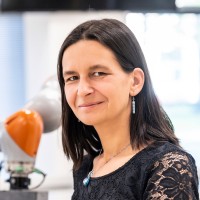 Karla Štěpánová is a researcher at the CIIRC CTU and the head of the Robotic Perception Group. Her research focuses on developing AI-driven systems that enable robots to learn from human instructions and demonstrations. She is particularly interested in how robots can understand human intent and context by integrating data from multiple modalities using probabilistic models and multimodal neural networks. She has led the Robotic Perception Group since 2024. She earned her Ph.D. in Artificial Intelligence and Biocybernetics from the Faculty of Electrical Engineering at CTU in Prague in 2017 and a Master’s degree in Condensed Matter Physics from the Faculty of Mathematics and Physics at Charles University in 2010.
Karla Štěpánová is a researcher at the CIIRC CTU and the head of the Robotic Perception Group. Her research focuses on developing AI-driven systems that enable robots to learn from human instructions and demonstrations. She is particularly interested in how robots can understand human intent and context by integrating data from multiple modalities using probabilistic models and multimodal neural networks. She has led the Robotic Perception Group since 2024. She earned her Ph.D. in Artificial Intelligence and Biocybernetics from the Faculty of Electrical Engineering at CTU in Prague in 2017 and a Master’s degree in Condensed Matter Physics from the Faculty of Mathematics and Physics at Charles University in 2010.
With talk: Human-Guided Task Specification for Flexible Robotics
As robotics continues to expand into dynamic and small-batch production settings, the need for intuitive and flexible task specification is becoming increasingly important. This talk presents a novel approach to natural task specification, enabling rapid task definition and deployment without the burden of extensive programming. By integrating human demonstrations, language, and gestures, we create more accessible and adaptable ways to define task parameters and constraints. Additionally, we explore robust task representation methods that structure these specifications for easy transfer across different robotic setups and enable fluent transformation into executable robot plans. This approach also enhances adaptability to new environments and represents a significant step toward more human-centric, flexible robotic systems—bringing us closer to truly natural collaborative automation.
doc. Mgr. Juraj Hvorecký PhD., Institute of Philosophy of the CAS, Prague
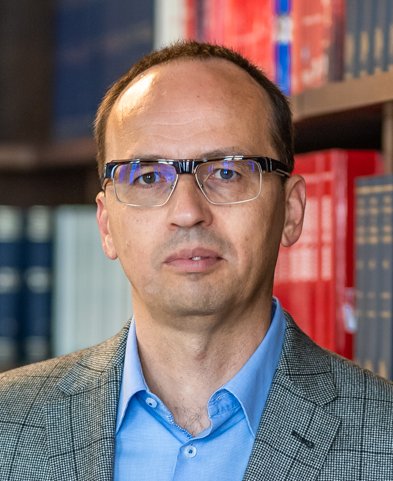 Juraj Hvorecký is the head of the Department of Applied Philosophy and Ethics at the Philosophical Institute of the CAS. He is interested in philosophical and ethical issues of AI and social robotics, but he has not left the domain of cognitive science, especially the debate on the boundary and nature of conscious states. He is convinced that there is nothing more practical than philosophy.
Juraj Hvorecký is the head of the Department of Applied Philosophy and Ethics at the Philosophical Institute of the CAS. He is interested in philosophical and ethical issues of AI and social robotics, but he has not left the domain of cognitive science, especially the debate on the boundary and nature of conscious states. He is convinced that there is nothing more practical than philosophy.
With talk: Artificial intelligence and the unconscious
Advances in generative artificial intelligence (GenAI) reignited debates on possibilities of artificial system to possess consciousness. Our contribution will reverse the optics of current views on the issue. We will start with the genesis of current debates on consciousness in GenAI networks and foundational arguments in its defense. Then we introduce the counterarguments and indicate reasons behind our sympathies with them. In the concluding part we will introduce a novel approach that reject the ascription of consciousness to GenAI systems yet considers them an interesting model of the unconscious. We will demonstrate how multimodal experiments with these systems support the idea of analogy with unconscious processing in humans and will also point out ethical and social consequences that follow from such analogy.
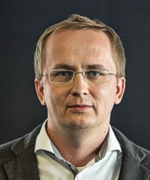 doc. RNDr. Ján Bakoš, PhD. works as a university lecturer at the Faculty of Medicine, Comenius University Bratislava and heads the Department of Neurosciences, Biomedical Centre, SAS, v.v.i. He is a specialist in neurosciences, neurodevelopment and neuroendocrinology. The most important scientific results are the elucidation of the effects of oxytocin on the shape and growth of neurons in different brain regions in models of autism.
doc. RNDr. Ján Bakoš, PhD. works as a university lecturer at the Faculty of Medicine, Comenius University Bratislava and heads the Department of Neurosciences, Biomedical Centre, SAS, v.v.i. He is a specialist in neurosciences, neurodevelopment and neuroendocrinology. The most important scientific results are the elucidation of the effects of oxytocin on the shape and growth of neurons in different brain regions in models of autism.
With talk: Oxytocin in brain development and autism
Oxytocin is a well-known neuropeptide hormone that, in addition to regulating reproductive functions (childbirth, lactation), is involved in the brain in influencing social behaviour. Oxytocin is secreted in the brain during mother-offspring contact, eye contact and many other social interactions. Disturbances in the production and secretion of oxytocin in specific brain regions, or abnormalities in oxytocin receptor signaling cascades, may contribute to the etiology of neurodevelopmental disorders, including autism spectrum disorders. Particularly in the early stages of brain development, changes in oxytocin levels affect neuron number, shape, growth and synaptogenesis, which may be functionally manifested by increased or decreased activity of neural circuits necessary for the recognition and interpretation of socially relevant stimuli (facial features and expression, tone of voice, social context). In our studies, we systematically study molecular and cellular changes in neural tissue under conditions of oxytocin system manipulation and in the context of animal models exhibiting autistic symptoms.
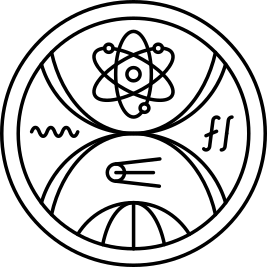

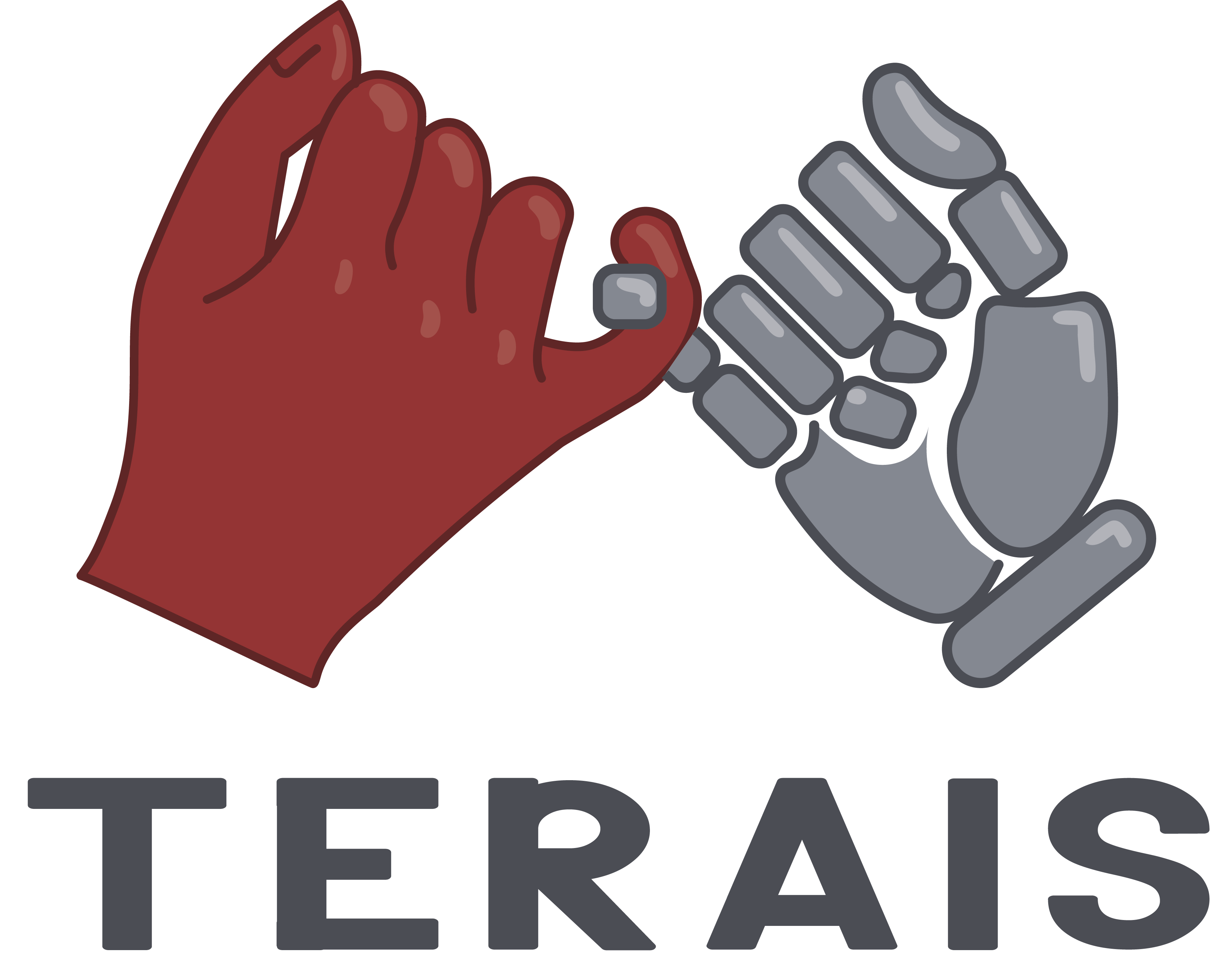
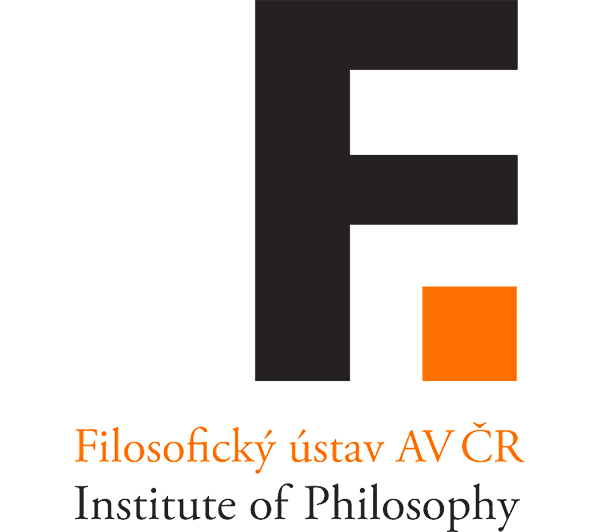
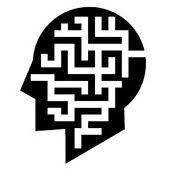
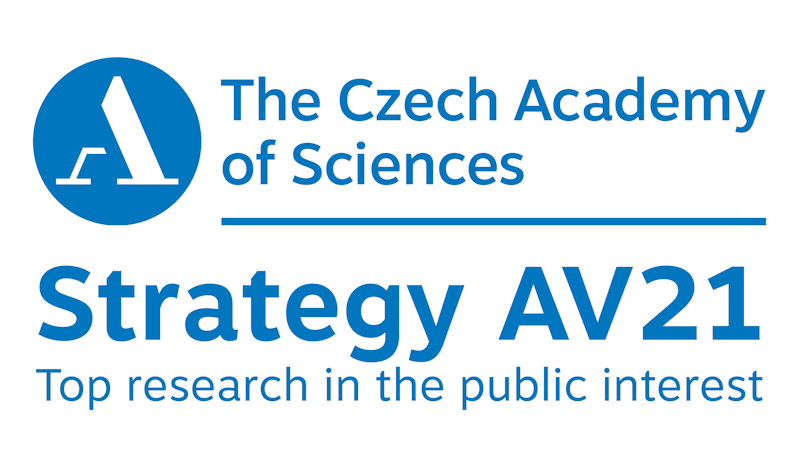

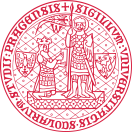
 cogsci.fmph.uniba.sk
cogsci.fmph.uniba.sk